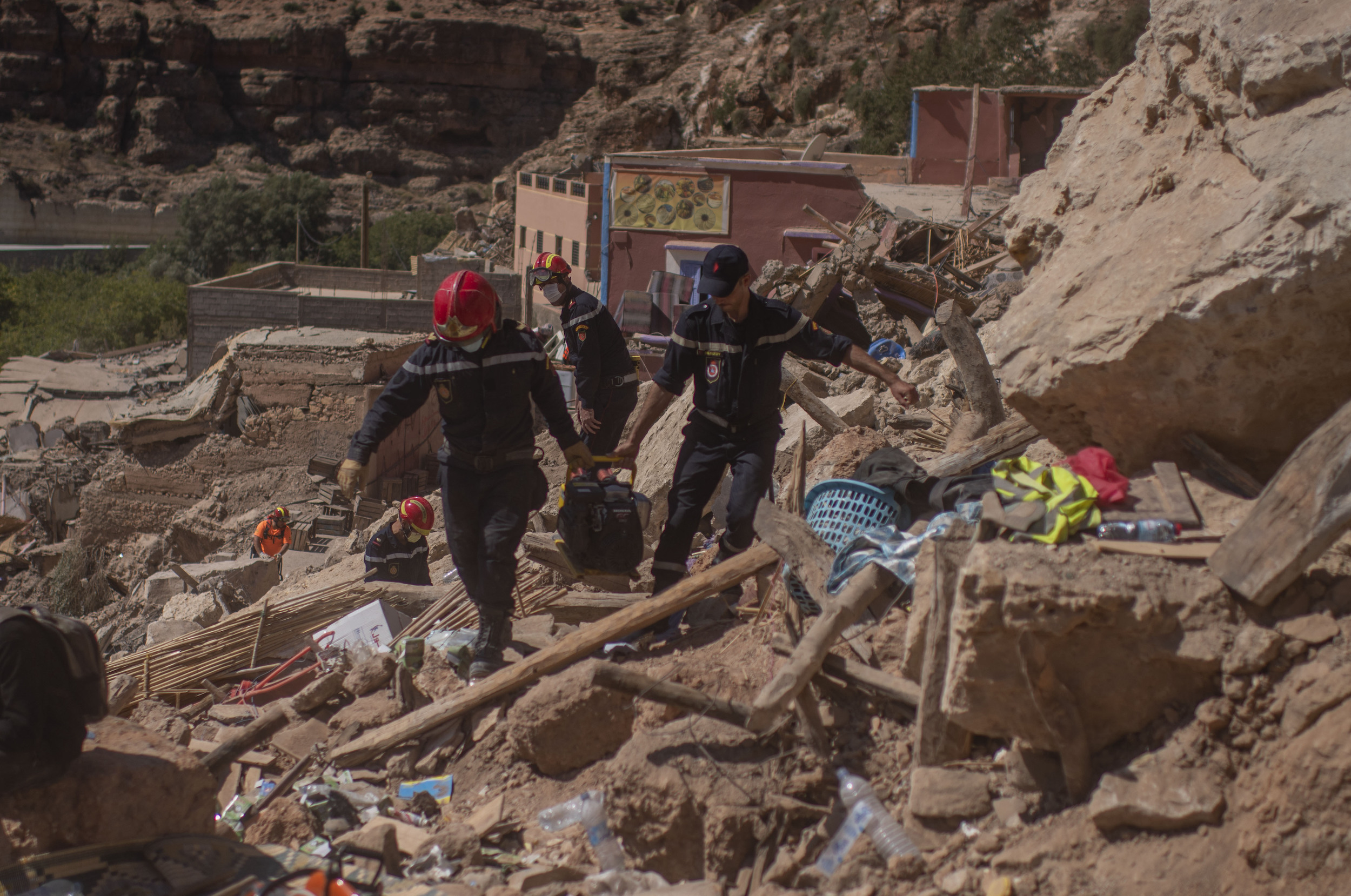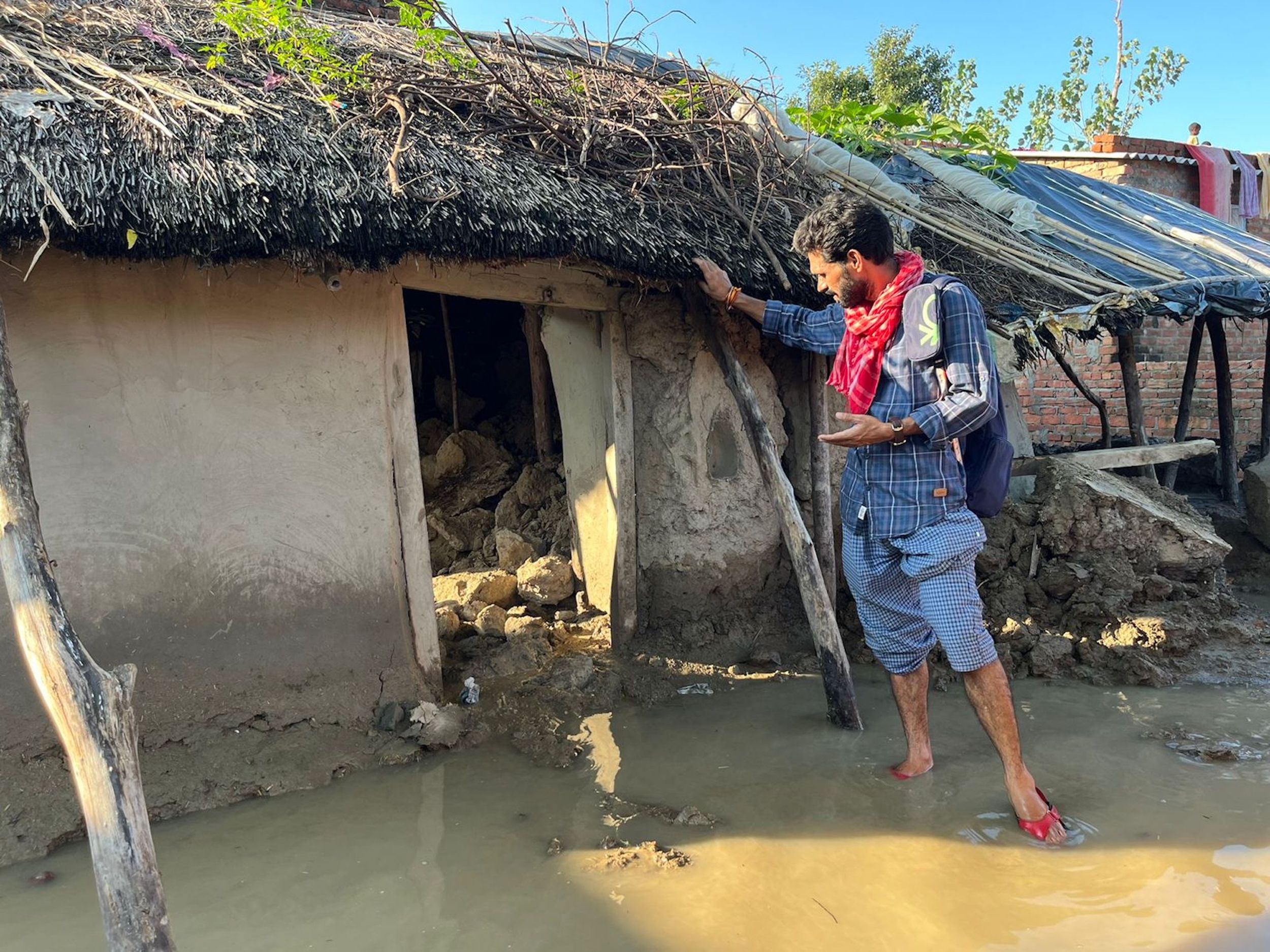"عداد القراءات" هو الهاجس اللحظي واليومي والشهري لإدارة أي موقع إلكتروني إخباري، فهو رصيد الموقع ودليل قوته وانتشاره أو ضعفه وانحصاره، وهو أيضاً ما يكشف الحجم الحقيقي لأي موقع بين عشرات آلاف المواقع المنافسة والتي تسعى جميعها لكسب متابعة أوسع شريحة ممكنة من القراء.
وفي ظل هذه المنافسة المحمومة، تلجأ المواقع إلى العديد من الطرق لاحتلال مكانة متقدمة بين المواقع المنافسة، فتتجه بالعادة إلى الأساليب المهنية المتعلقة بتطوير الأداء وتقديم الأفضل للمتابعين والسرعة في نقل الأخبار والوصول إلى المتابعين من خلال جميع وسائل التواصل الاجتماعي الحديثة واستخدام تقنيات الفيديو والإعلانات الممولة وجعل العناوين أكثر جاذبية وغيرها من التقنيات.
لكن ومع اشتداد المنافسة انزلقت العديد من المواقع الكبيرة والصغيرة إلى "وحل الإسفاف" عبر استخدام أساليب غير مهنية ومضللة من أجل تحصيل أكبر عدد ممكن من القراء لموضوعاتها في مشهد بات يوصف بـ"المبتذل" وينم عن عدم احترام للقارئ والأسس المهنية للعمل الصحفي.
توجد في معظم صالات التحرير التابعة للمواقع الإخبارية شاشة كبيرة يُعرض عليها على مدار الساعة عداد القراءات اللحظي لإجمالي القراء للموقع بشكل عام في تلك اللحظة، بالإضافة إلى عدد القراء لكل خبر على حدة، وتُمكن هذه التقنيات إدارة المواقع من معرفة إجمالي عدد القراء في نهاية كل يوم وشهر وسنة، ومعرفة أماكن المتابعة حسب الدول والعديد من البيانات التفصيلية الأخرى التي تساعد إدارة المواقع في معرفة حجمها وانتشارها. وبينما يبلغ عدد القراء الشهري لبعض المواقع بضع آلاف فقط، يصل عدد القراء في المواقع الكبيرة إلى عشرات الملايين شهرياً.
وفي حين تسعى المواقع الإخبارية الكبيرة من خلال رفع عدد قرائها إلى احتلال مكانة متقدمة بين المواقع المنافسة الأخرى وتعزيز تواجدها على محركات البحث وتحسين ترتيبها العالمي، تهدف مواقع أخرى إلى تحقيق أكبر ربح مادي ممكن من خلال الإعلانات التي يتم احتساب عوائدها المالية بناءً على عدد القراء.
أبرز هذه الظواهر التي انتشرت على نطاق واسع في الآونة الأخيرة، تتمثل في لجوء المواقع الإخبارية إلى ما يمكن تسميته "استجداء" الدعم من الشخصيات الفاعلة على مواقع التواصل الاجتماعي ممن يمتلكون أعداداً كبيرة من المتابعين على حساباتهم الشخصية في فيسبوك وتويتر وإنستغرام وغير من التطبيقات الحديثة، ولنتفق على تسميتهم بـ"نجوم السوشيال ميديا".
الدعم المنشود يتمثل في تحفيز "نجوم السوشيال ميديا" على إعادة نشر أو تغريد روابط الأخبار والتقارير أو مقاطع الفيديو التي أنتجتها هذه المواقع لكي تحصل على نسب أعلى من القراءات والمشاهدات، وهو أمر في ظاهره طبيعي ويدخل في إطار المنافسة والترويج المهني.
لكن غير الطبيعي هنا، هو لجوء المواقع إلى تسليط الضوء على "نجوم السوشيال ميديا" بشكل مبالغ به من خلال كتابة أخبار عن كل ما يكتبون أو يصرحون أو ينشرون من موضوعات بغض النظر عن أهميتها أو قيمتها بشكل مكثف ومكرر و"مبتذل" حتى وصل الأمر بأحد المواقع أن بات ينشر خبرا يوميا لا يتضمن أي أهمية صحفية أو قيمة في المضمون عن أحد الذين يمتلكون "ثروة" متابعين على صفحته على فيسبوك.
وفي إحصائية سريعة، نشر أحد المواقع الإخبارية العربية البارزة 33 خبراً خلال أقل من عام عن إعلامي عربي ساخر يمتلك مئات آلاف المتابعين على مواقع التواصل الاجتماعي، خلت معظمها من أي مضمون إخباري أو قيمة معلوماتية وبعناوين ضخمة توهم القارئ بما لا يحتمله المضمون.
كما أن موقعا إخباريا عربيا آخر نشر خلال أشهر قليلة أكثر من 25 خبراً عن إعلامي لديه ملايين المتابعين على فيسبوك تعلقت بنشاطاته العادية ومواقفه التي يكتبها على صفحته الشخصية ونشرها على أنها "معلومات هامة وخطيرة" وصولاً للأخبار المتعلقة بملابسه وتسريحة شعره الجديدة.
وتغص عشرات المواقع بمئات الأخبار عن أحد الإعلاميين لا لشيء إلا لأنه يمتلك عددا كبيرا جداً من المتابعين على "تويتر" وأي خبر يقوم بإعادة تغريده يحصد عدداً كبيراً من القراءات من متابعيه الذين ينحدرون من دول الخليج بالدرجة الأولى، وفي حسبة الإعلانات، وعلى سبيل المثال، يكسب الموقع الإخباري عن كل إعلان يتم النقر عليه من داخل بلده 5 أضعاف المبلغ الذي يحصل عليه مقابل النقر على الإعلان من بلد آخر.
وبينما يظهر بوضوح مستوى التعاون الفعلي أو الضمني بين جزء من "أصحاب الصفحات الدسمة" لتحقيق مصلحة متبادلة في نشر أخبارهم وتحقيق مزيد من الشهرة مقابل تسريع دوران عداد القراء لهذه المواقع، لا تفقد المواقع الأمل في الاستمرار بنشر أخبار عن شخصيات أخرى لعلها تكسب نقرة لإعادة نشر أخبارهم من قبل أصحابها الذين يحرصون على مهنيتهم ويرفضون هذا النوع من التعاون المتبادل.
لكن الأمر لم يتوقف إلى هذا الحد، وتطور إلى أن باتت هذه الخدمة مدفوعة الأجر، بمعنى أن مواقع إخبارية معروفة وكبيرة باتت تدفع مبالغ مالية كبيرة لـ"نجوم السوشيال ميديا" مقابل إعادة نشر أو تغريد عدد محدد ومتفق عليه من الأخبار بشكل يومي، وعلى سبيل المثال يدفع أحد المواقع مبلغا ماليا كبيراً شهريا لأحد الإعلاميين الذي يتابعه الملايين على فيسبوك مقابل القيام بإعادة نشر 4 أخبار يومياً لهذا الموقع.
هذه الظاهرة التي يمكن أن لا يرى البعض في ظاهرها الكثير من الشوائب، تحمل في طياتها الكثير من الخداع والتضليل، فهؤلاء "النجوم" حصدوا ملايين المتابعين الذين وثقوا في اختياراتهم الإخبارية وآرائهم السياسية، وبالتالي يتحول نشرهم العشوائي المبني على رغبات المُمول (أصحاب المواقع) إلى خداع لمتابعيهم الذين يقرؤون هذه الموضوعات على أنها خلاصة الانتقاء الفكري لصاحب الصفحة الذي بالطبع لم يُعلِم ولم ينوه لجمهوره أن هذا عبارة عن "إعلان ممول".
يضاف إلى هذا كله، أن العديد من المواقع الإخبارية باتت تنتقي كُتاب المقالات بناءاً على حجم المتابعين على صفحاتهم الشخصية على مواقع التواصل الاجتماعي، فلم تعد الكثير من المواقع تلتفت للكتاب الحقيقيين الذين يمتلكون الخبرة في كتابة المقالات المعمقة والتحليلية لصالح الكتاب الجدد وأصحاب الصفحات "الدسمة" وبتوافقات مكتوبة أو ضمنية على أن يقوم الكاتب بالترويج لمقاله على منصاته الخاصة.
وعلى الدوام بقيت المواضيع الخفيفة والاجتماعية الجالب الأكبر للقراء على حساب الموضوعات السياسية، لكن في الآونة الأخيرة وتحت ستار "المواضيع الاجتماعية" باتت الكثير من المواقع تُقدم جرعة "أجرأ" من الموضوعات الفنية والعلمية والجنسية لخلق حالة أكبر من الجدل وإعطاء دفعة أكبر لـ"عداد القراءات".
إن المشاكل السابقة هي جزء من قائمة أوسع يعاني منها الإعلام العربي بشكل عام، والصحافة الإلكترونية بشكل خاص، وذلك بفعل الفوضى التي ترافق الظهور المتزايد يومياً لعشرات المواقع الإخبارية ونقص الخبرات والتخصص وضعف الإمكانيات المادية واختلاف الأهداف وشدة المنافسة، لكن الجمهور يكتشف تدريجياً أساليب هذه المواقع لكسب نقرته على رابط الخبر ويتحول تدريجياً إلى مجرد قارئ للعناوين يحسب ألف حساب قبل النقر على الخبر خشية أن يكون قد تم استدراجه ليس لقيمة الخبر ومضمونه وإنما لمجرد تسجيل رقم جديد في "عداد القراءات".









































